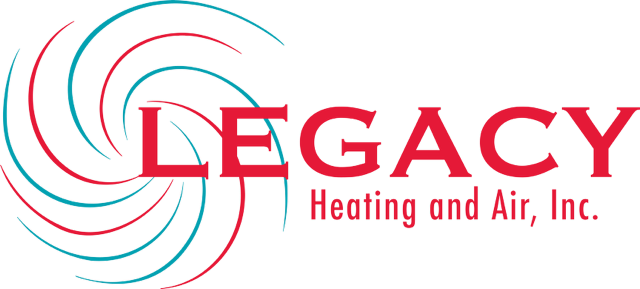Spring is here and so are allergens. Here’s how to make your home an escape from outdoor allergies this season…
May is National Allergy and Asthma Month, a time dedicated to raising awareness about allergies and asthma. Over 27 million Americans struggle with asthma and 1 in 4 adults struggle with allergies. While we often think of the great outdoors as the main source of allergens, the air inside our homes can be just as problematic.
Did you know that your home’s indoor air can be up to five times more polluted than outdoor air? This is why we stress exploring HVAC solutions to help defend your family against dirt, allergens, and other pollutants that can make allergy and asthma symptoms worse.
Allergens and Poor Indoor Air Quality
If staying indoors during allergy season is your game plan for avoiding irritants, think again. After all, trees, grasses, weeds, and flowering plants make plenty of people sneeze, but allergens like dust and pet dander can also be circulated indoors.
Poor indoor air quality has been linked to health problems ranging from mild discomfort to severe illness. Common indoor pollutants can trigger or worsen allergies, asthma, and other respiratory conditions leading to issues like:
- Sore eyes
- Runny nose
- Headaches
- Itchy throat
- Worsening asthma or allergies
- Frequent respiratory illness
With the right upgrades, your HVAC equipment can improve indoor air quality and keep allergy symptoms at bay. Here are the upgrades and solutions our technicians recommend…
How HVAC Systems Can Improve Indoor Air Quality
Your HVAC system is the first line of defense against indoor allergies. A well-maintained HVAC system can significantly improve your home’s air quality, reducing allergens and making it easier to breathe. Here’s how:
-
Air Filtration: Modern HVAC systems often come with advanced air filters that can capture tiny particles like pollen, dust mites, and pet dander. This is why we remind our customers to change their filters every 3 months.
-
Humidity Control: Your home’s humidity should be kept between 40-60%. Too much humidity can lead to mold growth, while too little can cause dry skin and irritate the respiratory tract. Whole home humidifier systems can help regulate indoor humidity, creating a more comfortable and healthier environment.
-
Air Purifier: A whole-home or whole-room air purifier can help remove allergens, bacteria, odors, and other irritants from the air you breathe inside your home.
-
Regular Maintenance: A well-maintained HVAC system runs more efficiently and effectively at keeping indoor air clean.
-
Duct Cleaning: Your ductwork acts as the lungs of your home. It’s recommended to get a duct cleaning every 3-5 years, and more often if you smoke in the home, have had any construction work done in or around your home, and if you have pets.
Tips for Maximizing Your HVAC System’s Effectiveness
To get the most out of your HVAC system and keep indoor air as clean as possible, consider the following tips:
-
Change Filters Regularly: Depending on the type of filter and your home’s conditions, you should change your HVAC filters every 1-3 months.
-
Schedule Regular Maintenance: Have a professional inspect and maintain your HVAC system each spring and fall to ensure it’s running smoothly.
-
Keep Ducts Clean: Dust and debris can accumulate in your ducts, so have them cleaned every 3-5 years and more often if you have had construction work in or around your home, smoke indoors, have allergies or health concerns, or pets.
-
Use a Dehumidifier: If your home tends to be humid, a dehumidifier can help keep moisture levels in check and prevent mold growth.
-
Ensure Proper Ventilation: Make sure that vents are not blocked and that your home is well-ventilated to allow fresh air to circulate.
Prioritize Your Health
National Allergy and Asthma Month is a reminder of the importance of clean air for our health. By taking steps to maintain and optimize your HVAC system, you can create a healthier indoor environment, reducing the presence of allergens and improving overall respiratory health. Breathe easy this May—and every month—by investing in good indoor air quality.
Remember, a little attention to your HVAC system can go a long way in keeping allergies and asthma at bay. Stay informed, stay proactive, and enjoy the benefits of cleaner, healthier air in your home. Contact your Legacy pro for custom recommendations to improve your indoor air.

